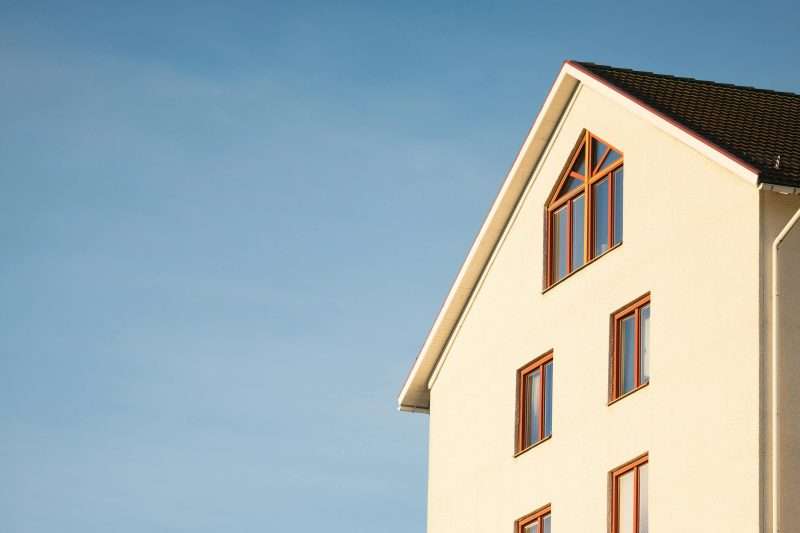Improving your home’s insulation is not just about comfort and reducing environmental impact—it’s also a financially savvy move. Many parents are keen to understand exactly how much they could save by investing in better insulation. Here’s a detailed look at the potential financial benefits of enhancing your home’s insulation, helping you make an informed decision for your family’s future.
The Impact of Insulation on Energy Bills
Reduced Heating and Cooling Costs: The primary financial benefit of better insulation is the reduction in heating and cooling costs. By slowing the rate at which heat escapes in the winter and enters in the summer, insulation helps maintain your desired indoor temperature with less energy. This means your heating and cooling systems do not have to work as hard, leading to lower energy consumption and cost.
Energy Savings Breakdown:
- Loft Insulation: Can save up to £250 per year on heating bills for a detached house.
- Cavity Wall Insulation: Can save about £200 per year in a semi-detached home.
- Solid Wall Insulation: Potential savings can be up to £455 per year in a detached house.
- Floor Insulation: Typically results in savings of around £60 per year.
- Draft Proofing: Sealing gaps around doors and windows can save around £25 per year.
These figures can vary depending on your home’s size, your current insulation condition, and your typical energy usage. However, the overall trend is clear: the better insulated your home, the more you save.
Initial Costs vs. Long-Term Savings
While the initial investment in insulation can be significant, it’s crucial to consider the long-term savings. For example:
- Installation Costs: Loft insulation might cost between £400 and £600 for a typical home but pays for itself in less than 2 years through energy savings. Cavity wall insulation can cost around £500 for a semi-detached home and usually pays back within 5 years.
- Calculating the Return on Investment (ROI): To determine the ROI of installing insulation, subtract the installation cost from the savings accrued over the expected lifespan of the insulation (usually 20-40 years). The result is often a compelling argument for the investment.
Enhanced Home Value
Apart from direct savings on your energy bills, improving your home’s insulation can increase its market value. Buyers are increasingly looking for energy-efficient homes due to the rising energy costs and environmental concerns. Homes with better insulation are not only more attractive due to their lower running costs but also often command a higher selling price.
Government Incentives and Support
To support energy efficiency improvements, the UK government and various local authorities offer incentives that can reduce the upfront cost of installing insulation. These incentives, such as the Energy Company Obligation (ECO) 4 scheme, can make insulation upgrades more affordable and accelerate the financial return. In fact, the ECO4 scheme tells energy companies that they HAVE to supply eligible homes with insulation, as well as other measures such as air-source heat pumps and solar panels, for free. Yes, free. So before you do anything, check you eligibility for that over at WarmaUK.com.
Investing in better home insulation is a wise financial decision for families. Not only does it reduce monthly energy bills, but it also increases the comfort and value of your home while supporting environmental sustainability. The upfront costs are quickly offset by the ongoing savings, making insulation one of the most cost-effective home improvements.











